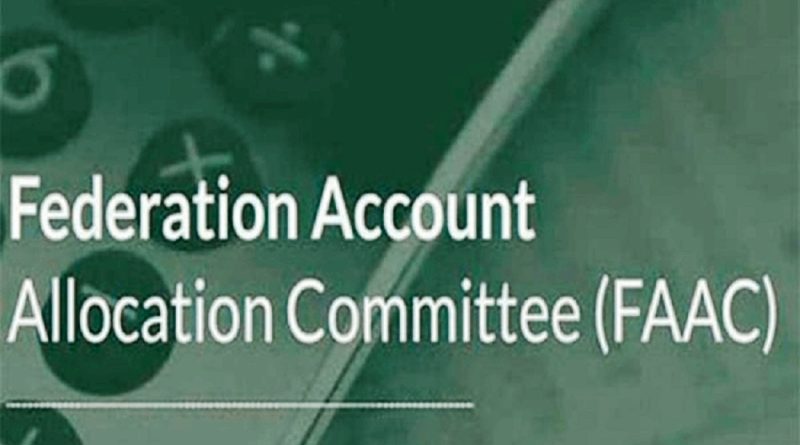35 states recorded N17 trillion revenue in 2024, yet remain dependent on FAAC — BudgIT
As many as thirty-five states in Nigeria recorded a combined revenue of ₦17.2 trillion in 2024, according to BudgIT’s latest State of States report issued, yet they heavily rely on distributed revenue from the Federation Account Allocation Committee (FAAC).
“Rivers State is excluded from this report due to the removal of elected officers due to the state of emergency. The state failed to produce an audited statement at the final data compilation for this report,” the civic data organisation disclosed in the document released on Tuesday.
The publication analysed state finances from 2015 to 2025, revealing a widening gap between income growth and fiscal independence.
While revenue expanded sharply, many states were sustained by allocations from the centre during the period, despite a 110.7 per cent surge in such distributions, with soaring debt and low capital spending compounding their dilemma.
FAAC inflows climbed from ₦5.4 trillion in 2023 to ₦11.4 trillion, accounting for nearly 66 per cent of the total revenue growth. The report showed that twenty-nine states depended on these transfers for at least 50 per cent of their income, while twenty-one relied on them for 70 per cent or more.
For thirty-one states, federal allocations funded over 80 per cent of recurrent expenditure, underscoring their feeble internal capacity to earn revenue.
Enugu posted the highest internally generated revenue (IGR) growth at 381.4 per cent, while Lagos led in revenue generation, mobilising ₦1.3 trillion, approximately the equivalent of the consolidated IGR of twenty-four other states.
States’ expenditure jumped by 64.7 per cent to ₦15.6 trillion, reflecting higher costs and debt servicing. About ₦2.1 trillion, indicating 26.5 per cent of total spending, was committed to servicing debt, while the cumulative debt stock of the 35 states increased by 6.9 per cent to ₦10.6 trillion.
Domestic debt for states dropped by 36 per cent to ₦3.5 trillion, while foreign debt jumped 1.7 per cent to $4.6 billion.
BudgIT warned that exchange rate exposure poses a major risk as 24 states hold more than 50 per cent of their total debt in foreign currency. Kaduna, Jigawa and Ondo had the most exposure, with 97.4 per cent, 96.4 per cent, and 90 per cent of their debt, respectively, denominated in dollars.
On average, debt per citizen rose from ₦40,469 to ₦41,766, with Lagos recording ₦166,253, the highest in the country.
BudgIT’s global director, Oluseun Onigbinde, in his address at the 10th anniversary of the State of States report, said the report had become a mirror for assessing how state governments manage public resources.
READ AlSO: First Bank Vindicated: Arbitration Tribunal Dismisses General Hydrocarbons’ $718 Million Claim
He noted that transparency among subnational governments has improved significantly since the inception of the publication, considering that more states now publish their budgets and compete to improve their fiscal standing.
Mr Onigbinde observed that Nigeria is at a fiscal crossroads as inflation and debt obligations continue to outweigh revenue growth. He urged states to scale back dependence on federal allocations, strengthen local economies and prioritise investments in education, healthcare, and infrastructure.
He described the report as a call to action for both government and citizens to make governance more transparent, accountable, and people-centred.

